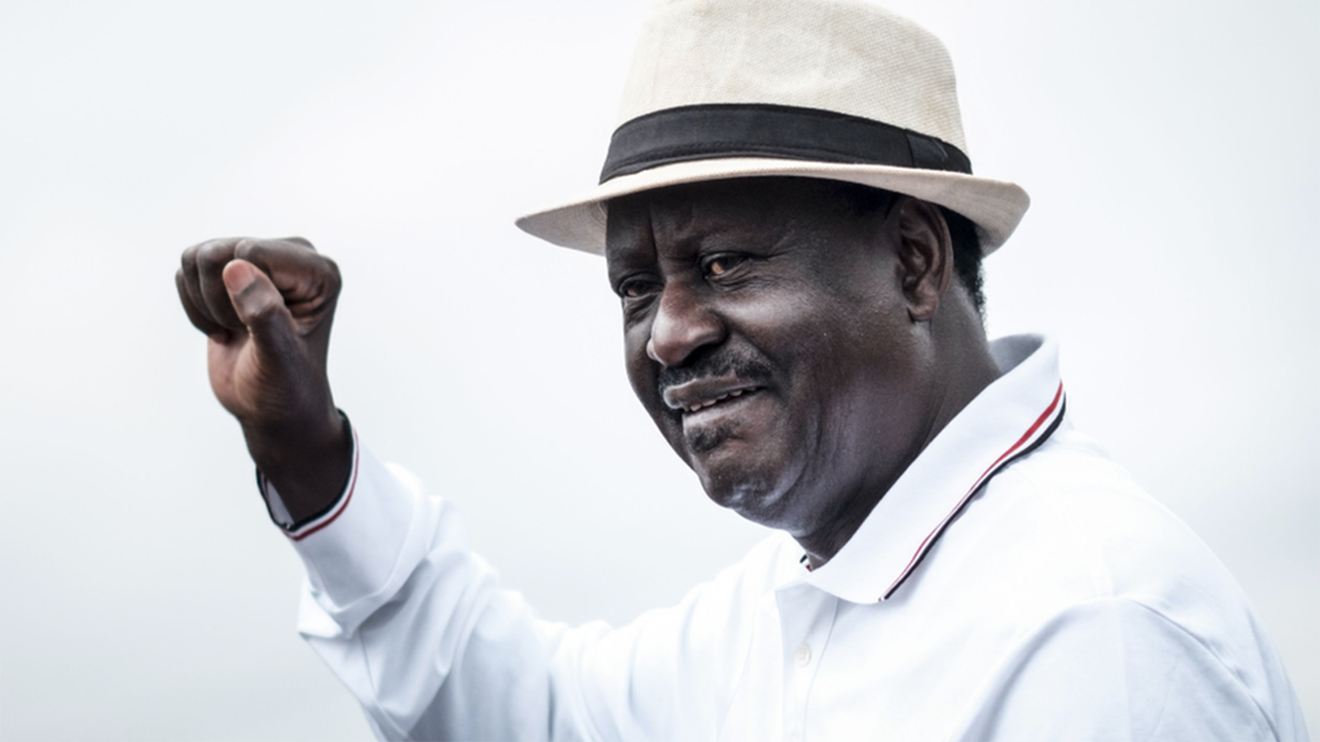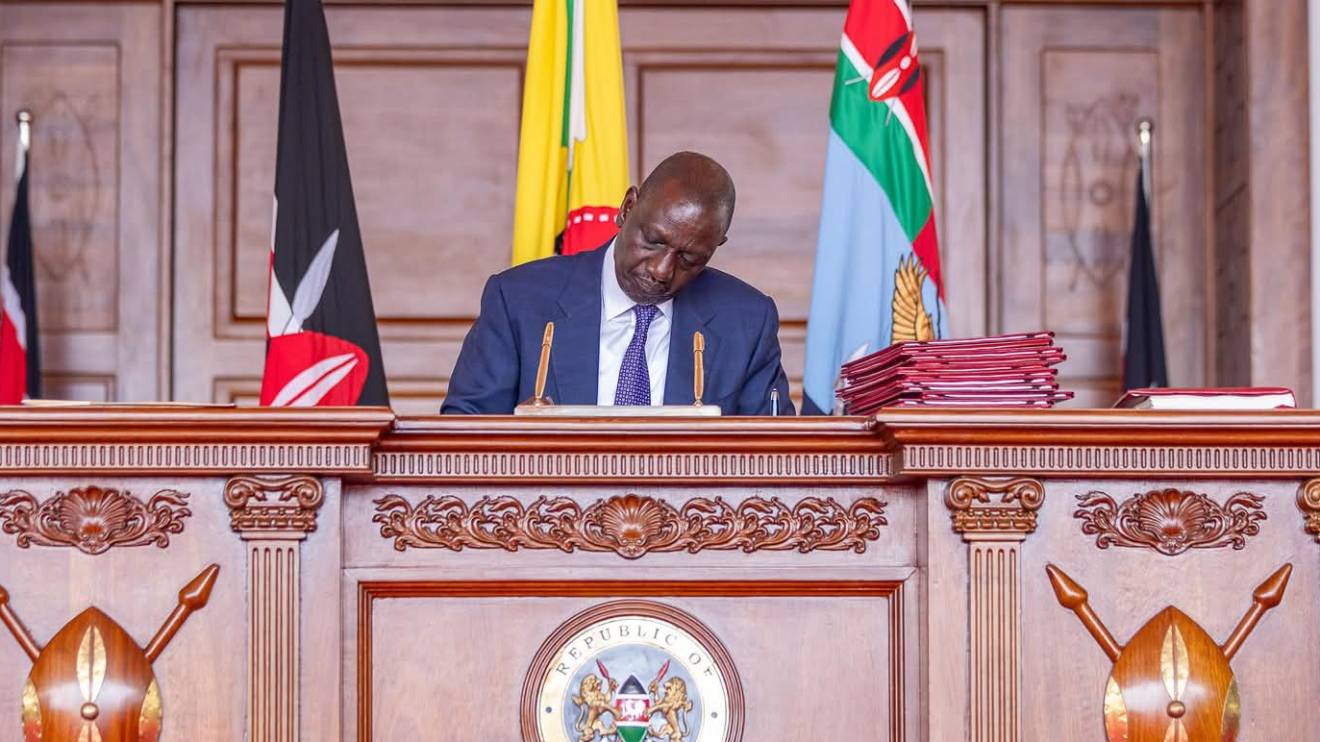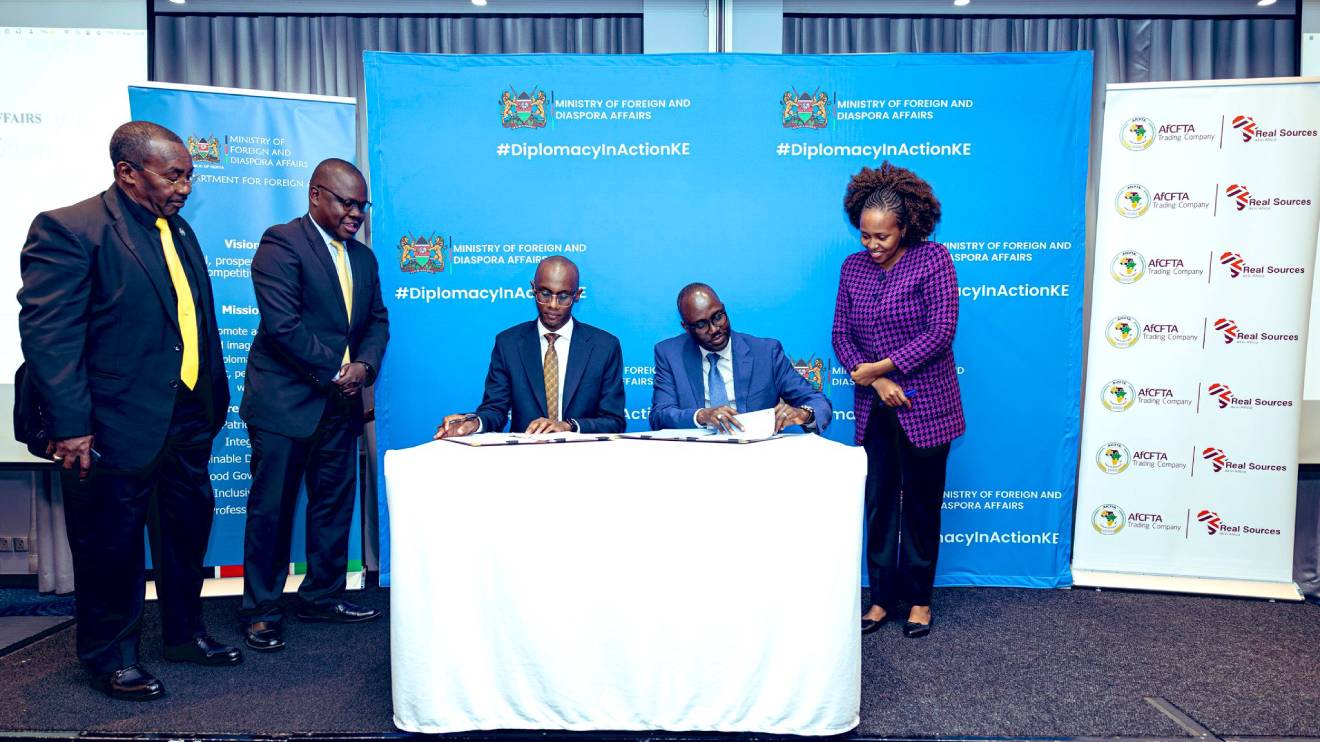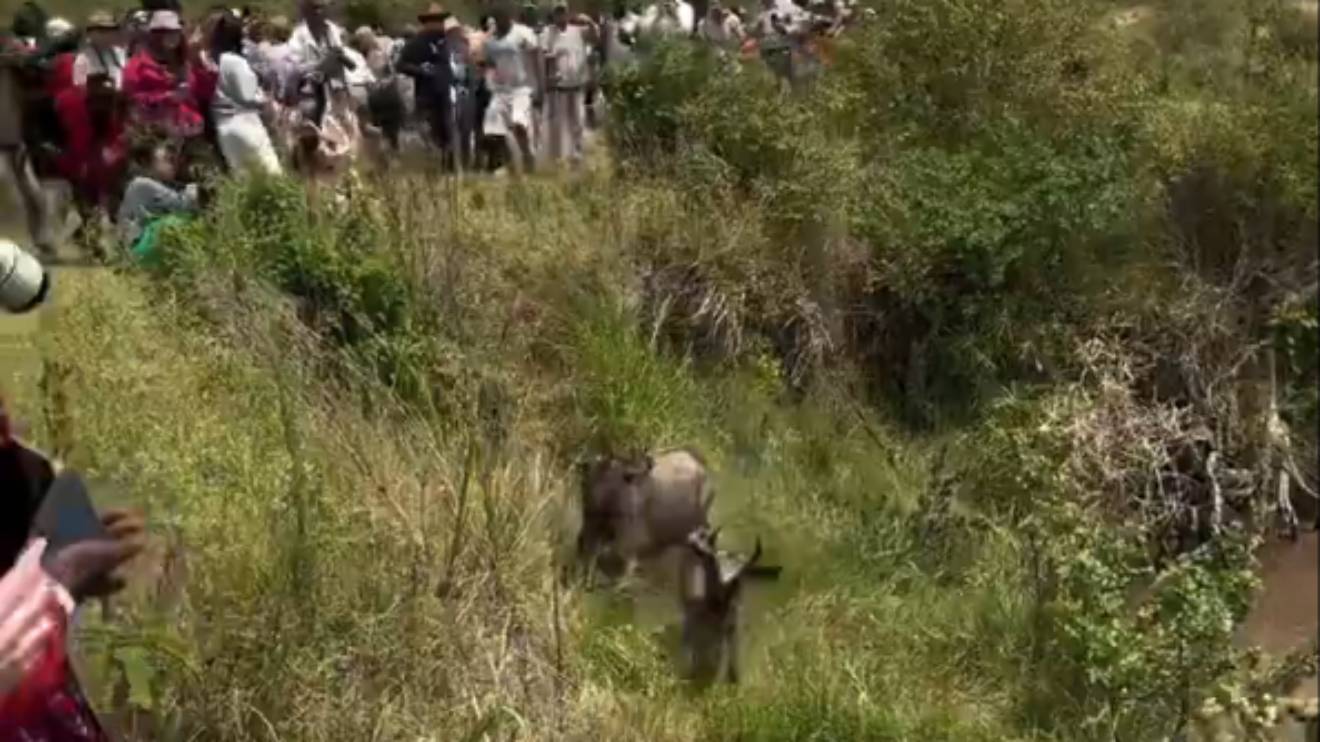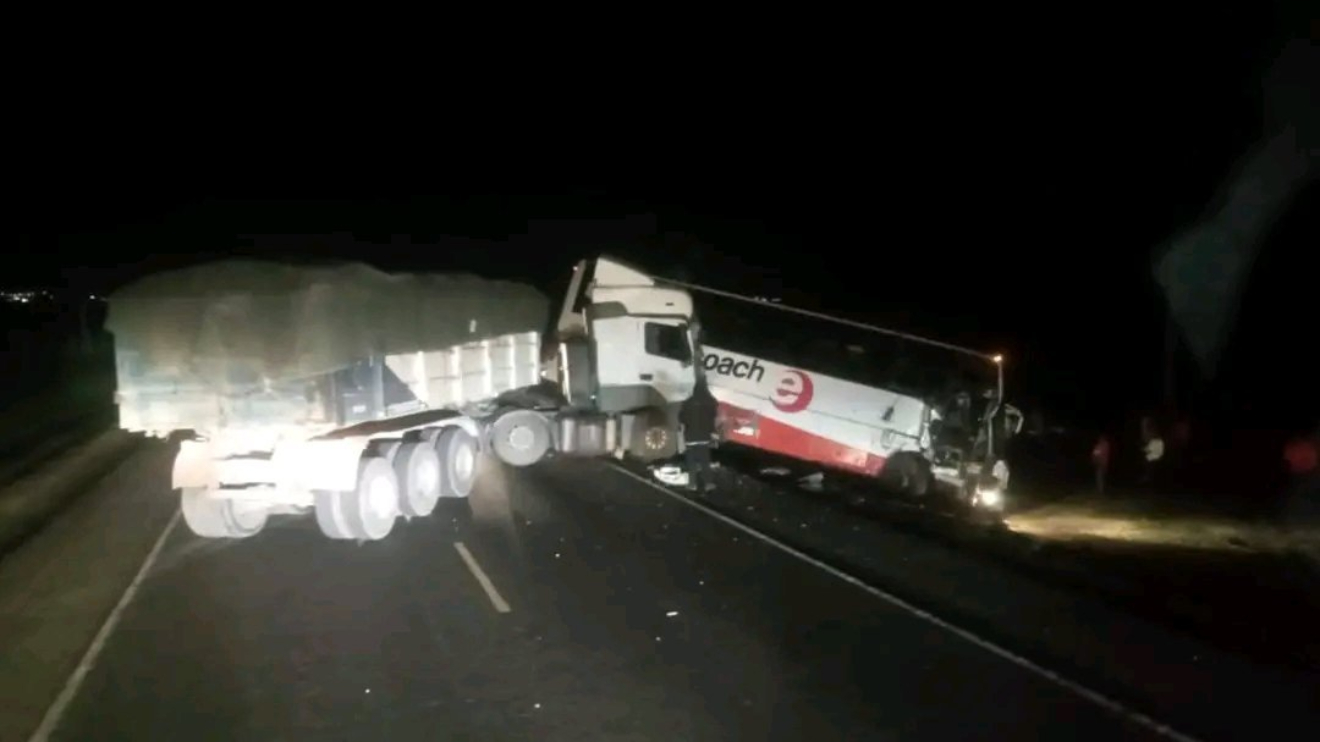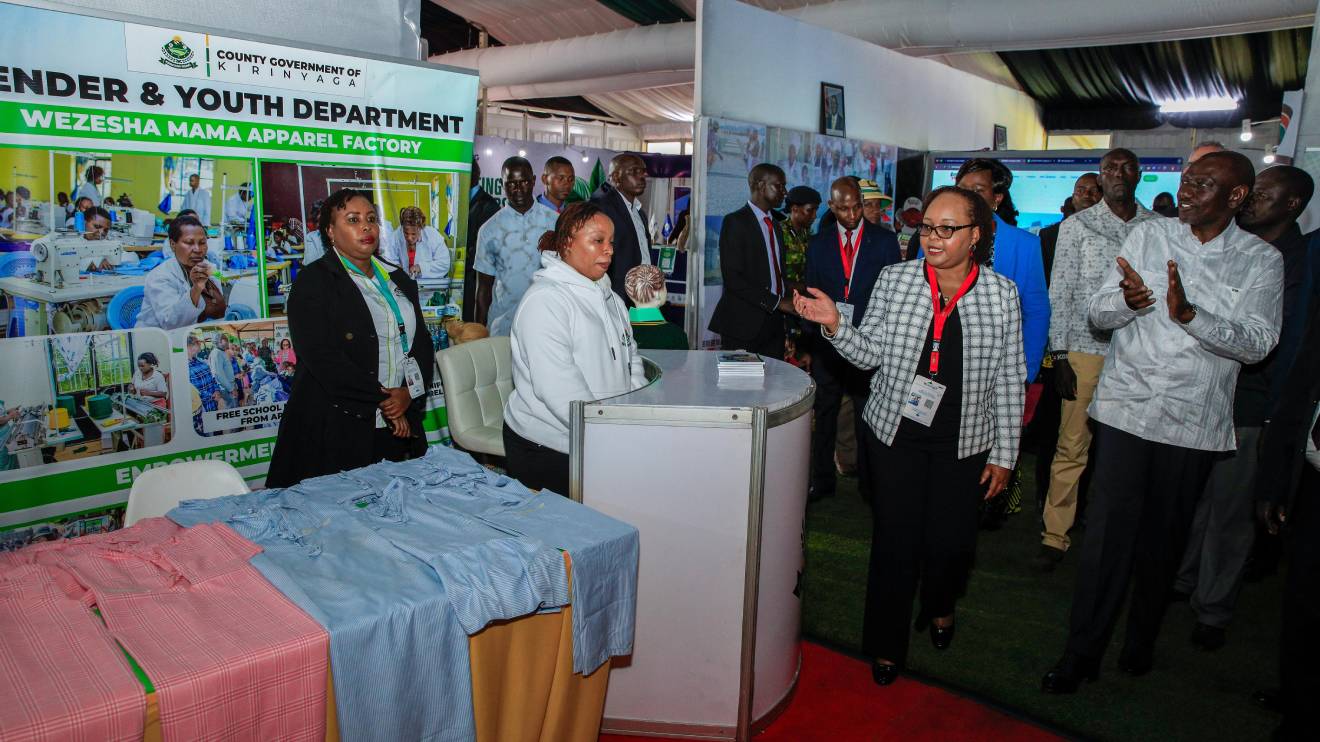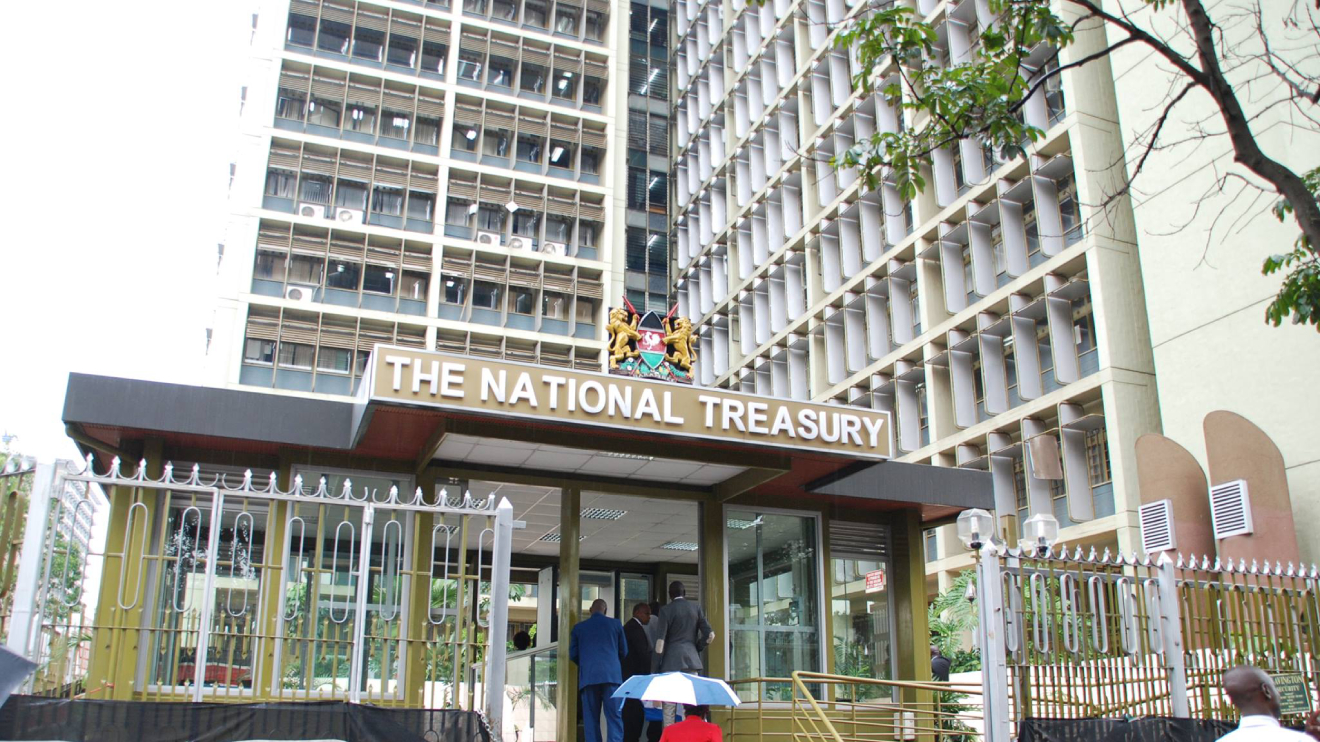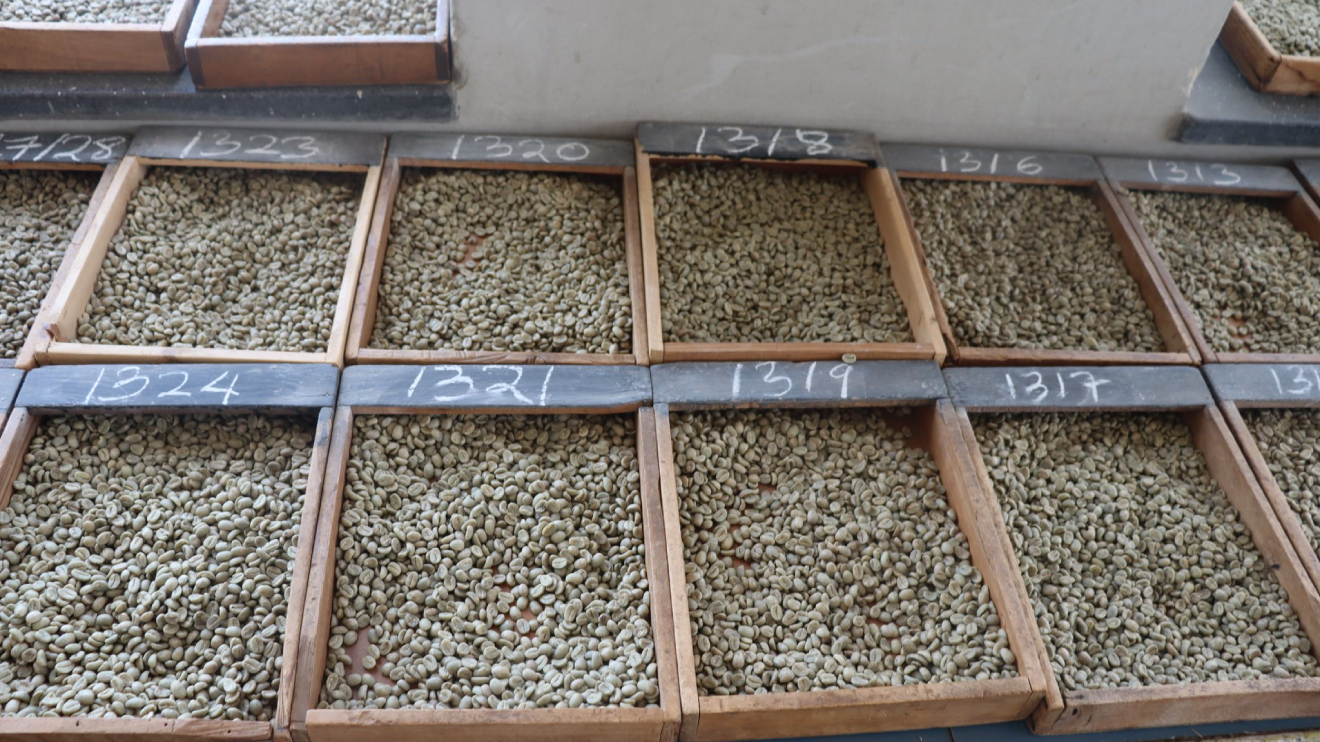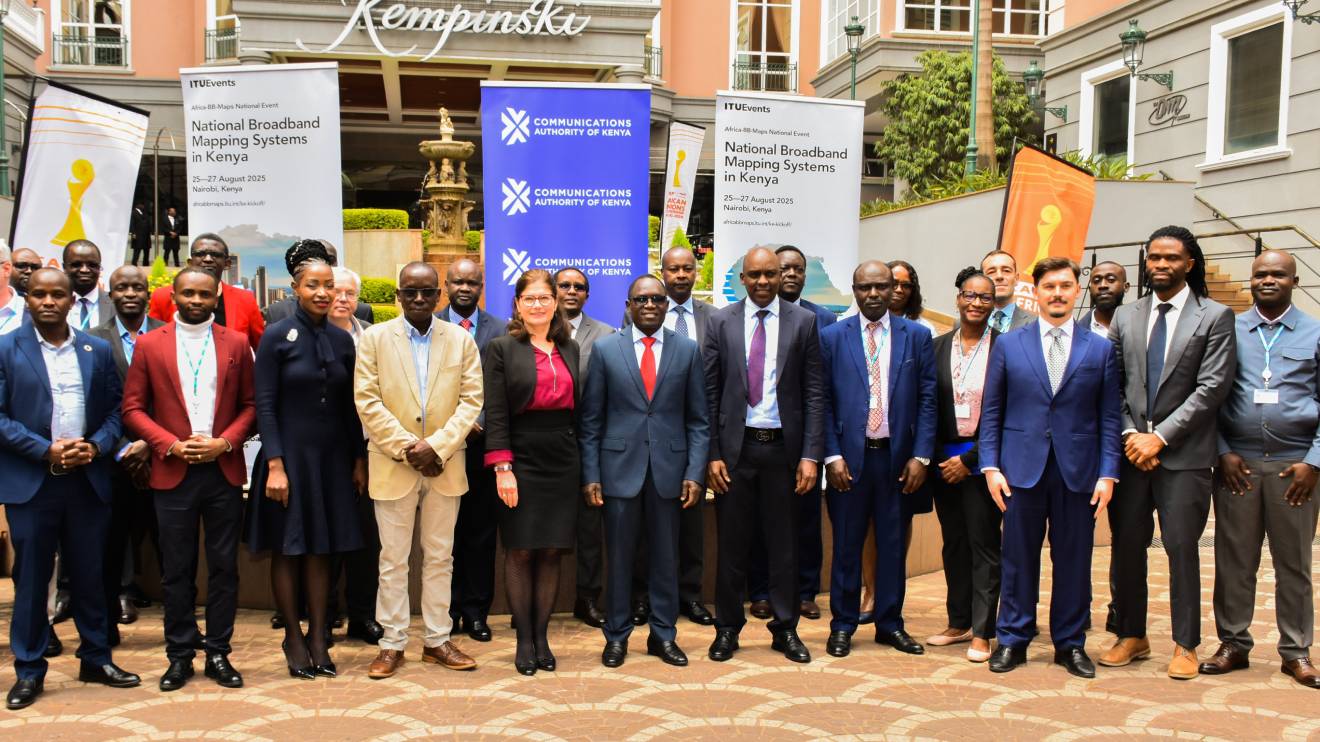Raila Odinga’s tenure as the African Union’s High Representative for Infrastructure Development has ended after five years.
This comes after the transformation of the NEPAD Agency to African Union Development Agency NEPAD which will assume the role is complete.
The Chairperson of the African Union Commission, Moussa Faki Mahamat, wrote a letter to Raila dated February 19, 2023, notifying him of the latest development.
“It is my distinct honour to write to you with respect to your mandate as AU High Representative for Infrastructure Development in Africa,” the letter read.
Faki, in his letter lauded Raila’s exceptional leadership and unique command of the issues concerned, which he said was crucial to the leveraging of infrastructure as a key priority within the Continental agenda.
Read More
NEPAD will henceforth implement Raila’s mandate to implement the continental role on infrastructure.
“The transformation of the NEPAD Agency to African Union Development AgencyNEPAD has now been completed, with full mandate to implement the Continental agenda on infrastructure,” Faki said.
Faki further thanked Raila for accepting to serve in the role he was assigned and noted it was invaluable.
“Your role in this journey, Excellency, has been invaluable. Allow me to express my profound gratitude for accepting to serve in this role during the transition period, which has now come to a happy conclusion,” the letter read.
“The African Union hopes to continue counting on your support for other possible assignments.”
“Wishing you all the best in your future endeavours, please accept, Excellency, the expression of my highest consideration and personal esteem,” Faki wrote.
Faki appointed Raila in October 2018 when he created the African Union High Representative for Infrastructure Development post.
Raila was tasked with working to support and strengthen the efforts of the commission's relevant Departments and those of the Planning and Coordinating Agency of the New Partnership for Africa's Developement (NEPAD).
His roles also included mobilising further political support from Member States and the Regional Economic Communities (RECs) and facilitating greater ownership by all concerned stakeholders on the continent.
Apart from those, he also supported the Commission and NEPAD initiatives to encourage increased commitment from development partners.

